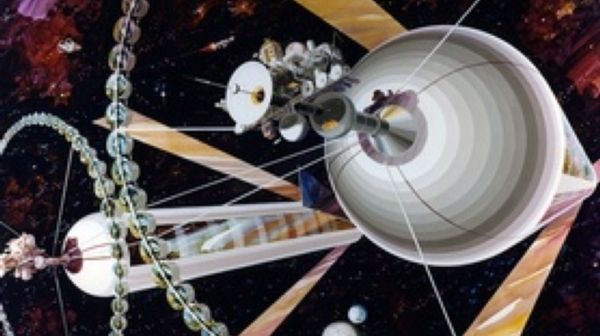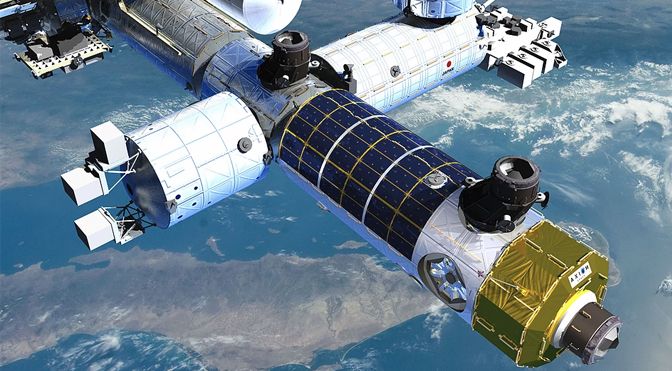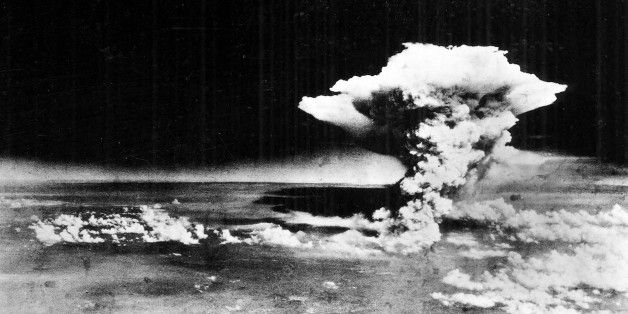
Despite efforts to raise public awareness about the disease, cases of melanoma, the most deadly form of skin cancer, have been on the rise in the United States for years. Now, scientists have discovered a new drug that can stop metastasis of the disease, that is, the development of melanoma cells elsewhere in the body — by as much as 90 percent.
The findings are courtesy of a new study published in the journal Molecular Cancer Therapeutics. For the study, researchers injected immuno-compromised mice with human melanoma cells and exposed them to a man-made, small-molecule drug that targets a gene’s ability to produce RNA molecules (one of the major building blocks of life) and certain proteins found in melanoma tumors. Those genes typically cause the disease to spread, but when they were exposed to the compound, up to 90 percent of the cells were prevented from metastasizing.
The potential drug, known as CCG-203971, is the same as the one the researchers have been studying as a potential treatment for scleroderma, a rare and often fatal autoimmune disease that causes the hardening of skin tissue, lungs, heart, kidneys, and other organs.
Continue reading “Scientists Discover New Drug That Stops the Spread of 90% of Melanoma Cells” »


















